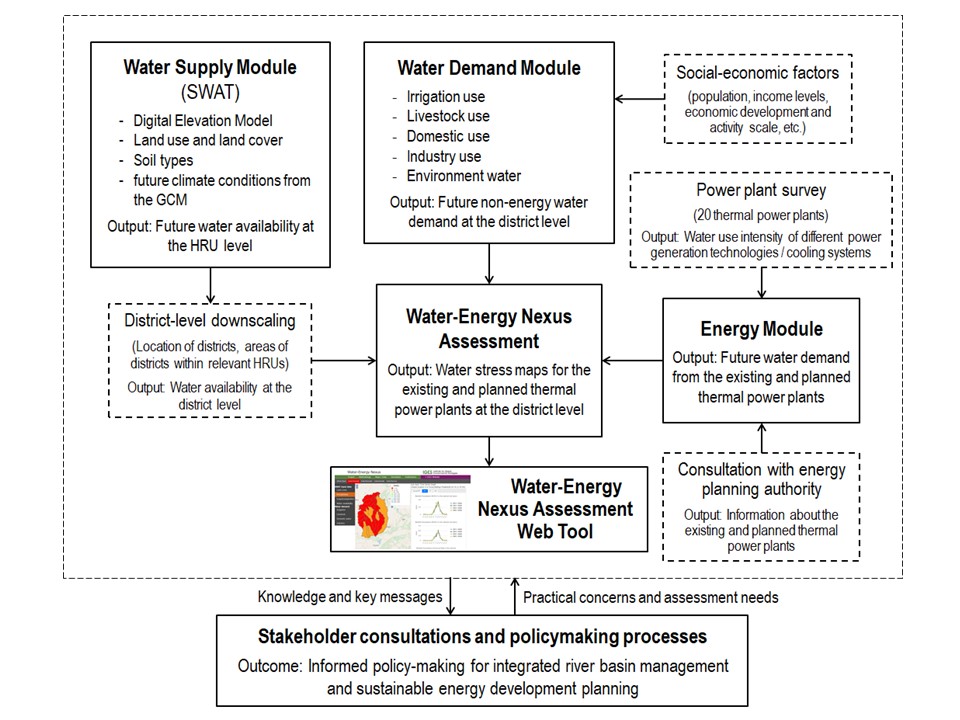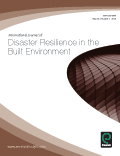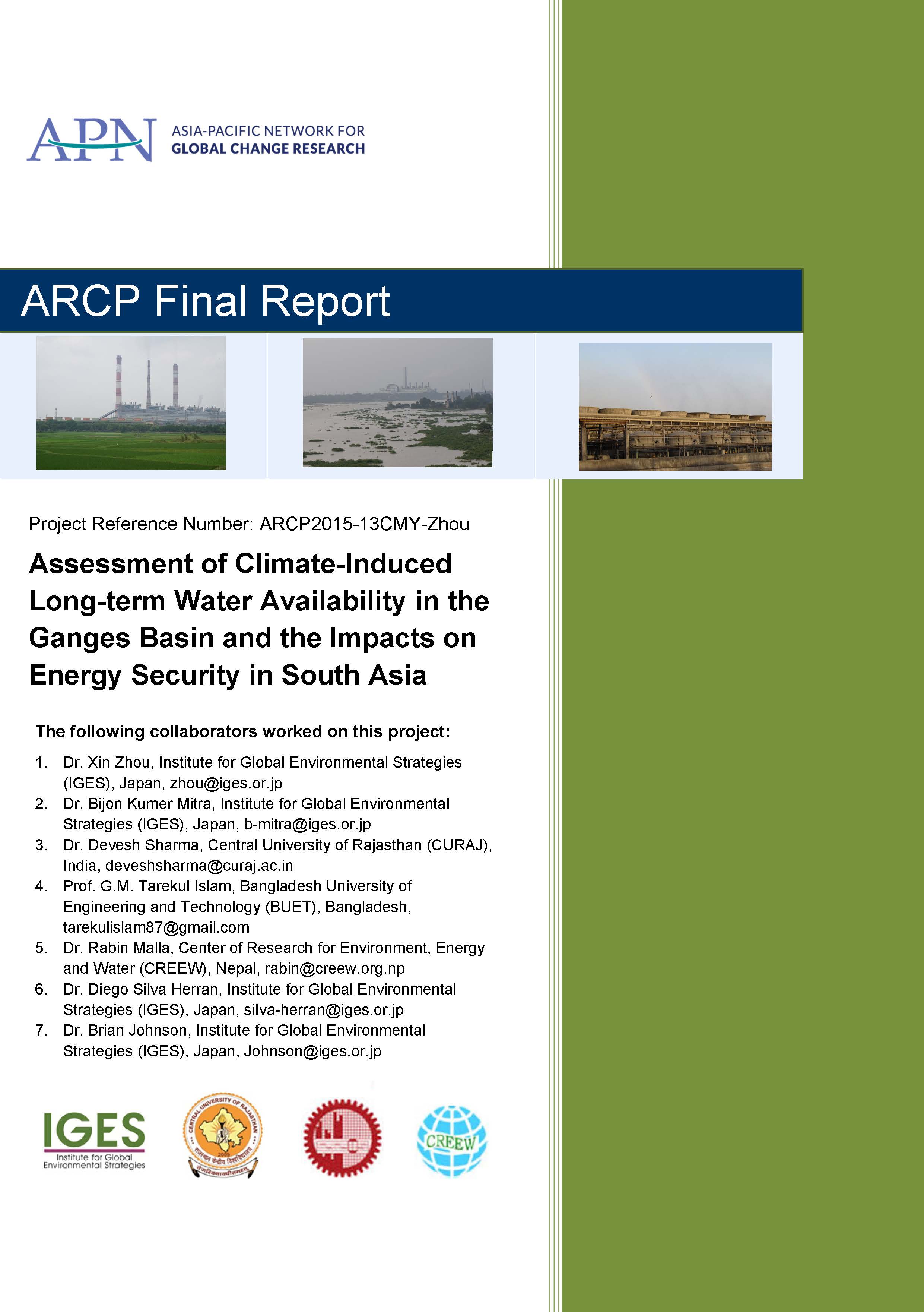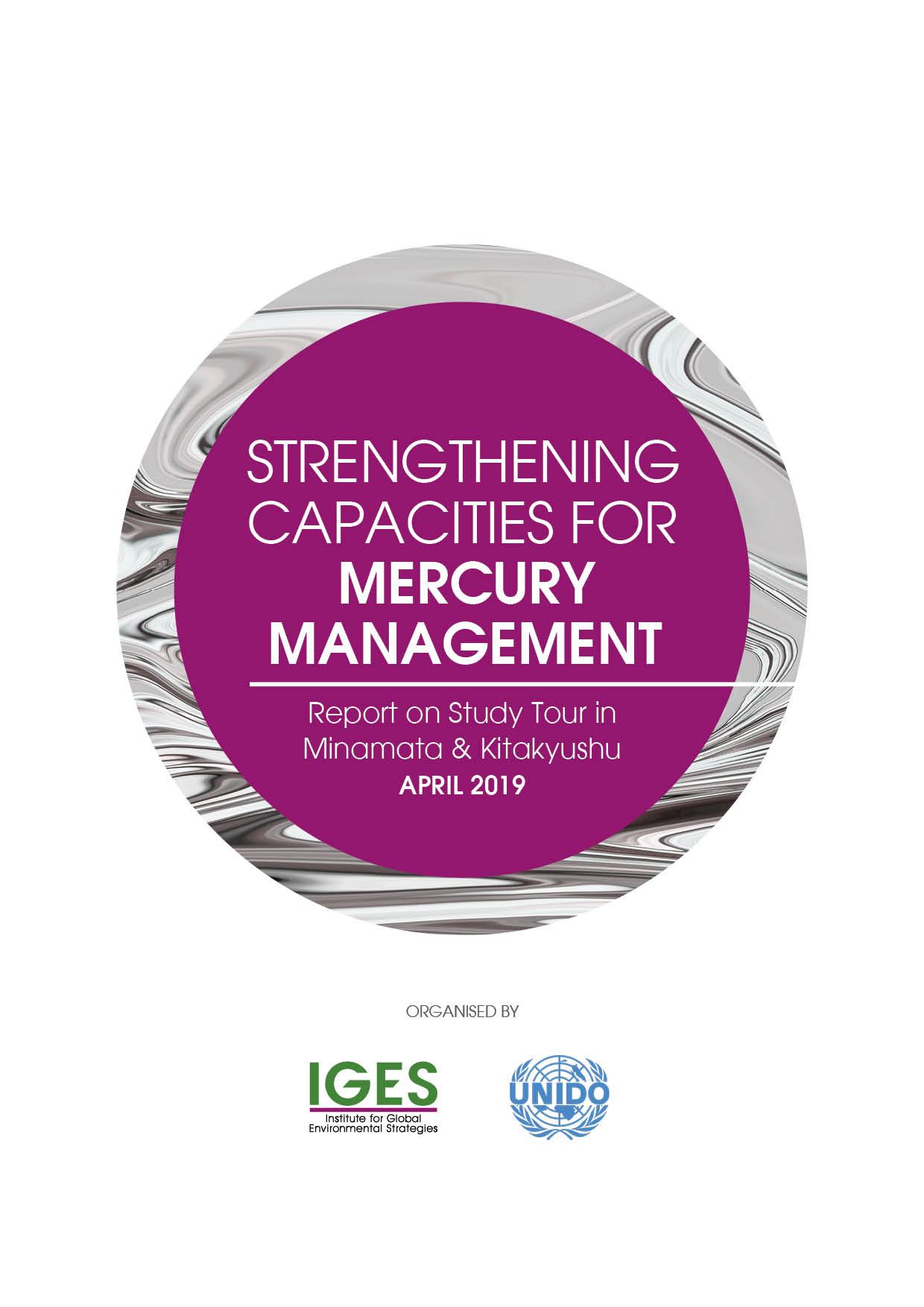In APN Science Bulletin
NON-ECONOMIC LOSS AND DAMAGE (NELD) could constitute a major proportion of the total loss and damage caused by any climate-related disasters. Despite this, most NELD has not been well measured and reported in most post-disaster reports and databases and has often not been given the attention it deserves in most disaster risk assessments and risk...








